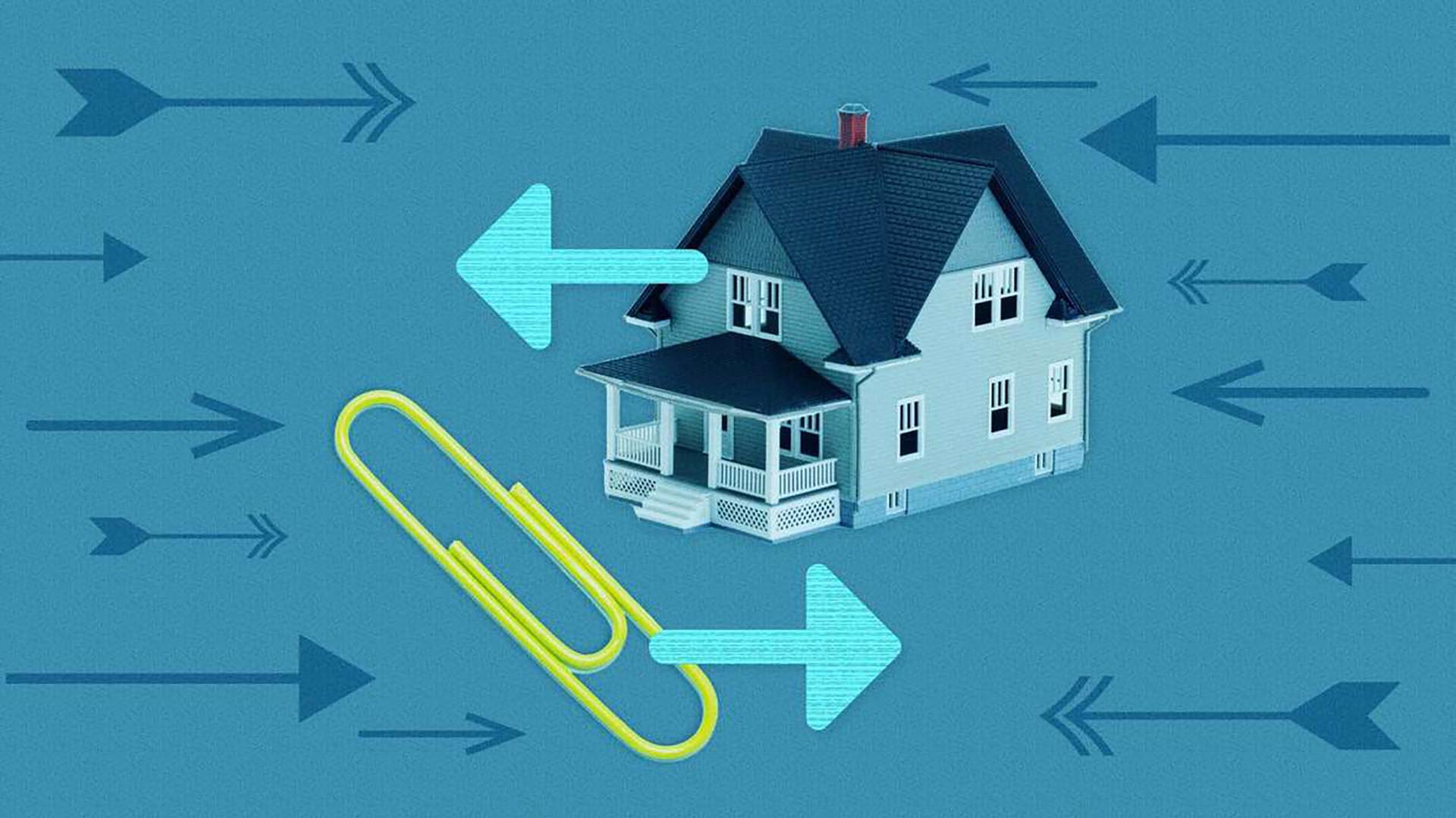
In this game, students will trade with each other in order to simulate a real-life example of gains from trade.
HOW IT WORKS:
1. The day before the activity, give the students a paper clip and ask them to trade the paper clip at home for an item before the following day and bring the new item to class. (Alternatively, you could provide different types of candy to each student. If so, skip to Step 3.)
2. Have the students answer the following questions:
- What did you trade the paper clip for?
- How much did you value the paper clip (in dollars or cents)?
- How much do you value what you traded it for (in dollars or cents)?
- Are you better off as a result of the trade?
- Do you think the person you traded with is better off? Why or why not?
3. Have each student trade their item for another item one of their classmates brought, staying within a designated classroom region (limit the classroom regions to 5 students in each region). Have students answer the following question:
- If you traded your item, what did you trade it for? If you did not find a trade, why do you think you couldn’t trade?
4. Have each student trade their item again. This time they may trade with anyone in the class. Have students answer the following questions:
- If you traded your item, what did you trade it for? If you did not find a trade, why do you think you couldn’t trade?
- Was it easier to find a trade in Round 1 or Round 2? Why?
- How much do you value (in dollars or cents) your final item? How much did you value your original item (in dollars or cents)?
- Do you think that the person(s) you traded with is better off? Why or why not?
LEARNING OBJECTIVE 1: Mutually Beneficial Exchange.
Trade allows for mutually beneficial exchange where both parties gain from trade. This happens because people have “preference differences.” You may value a Snickers Candy bar at a low amount because you are allergic to peanuts, and therefore trade it for a Hershey’s Candy Bar. Conversely, I may value a Snickers bar highly because I like nuts in my candy bars. Trade allows for people to come together and make mutually beneficial exchanges (that leave both of them better off).
LEARNING OBJECTIVE 2: Size of the Market
The larger the market, the higher the chance that these mutually beneficial trades occur. Throughout history we’ve seen countries grow richer as the size of their trading market increased. Look at ancient Rome or China since 1980.
- High School
- University

Be the first to comment